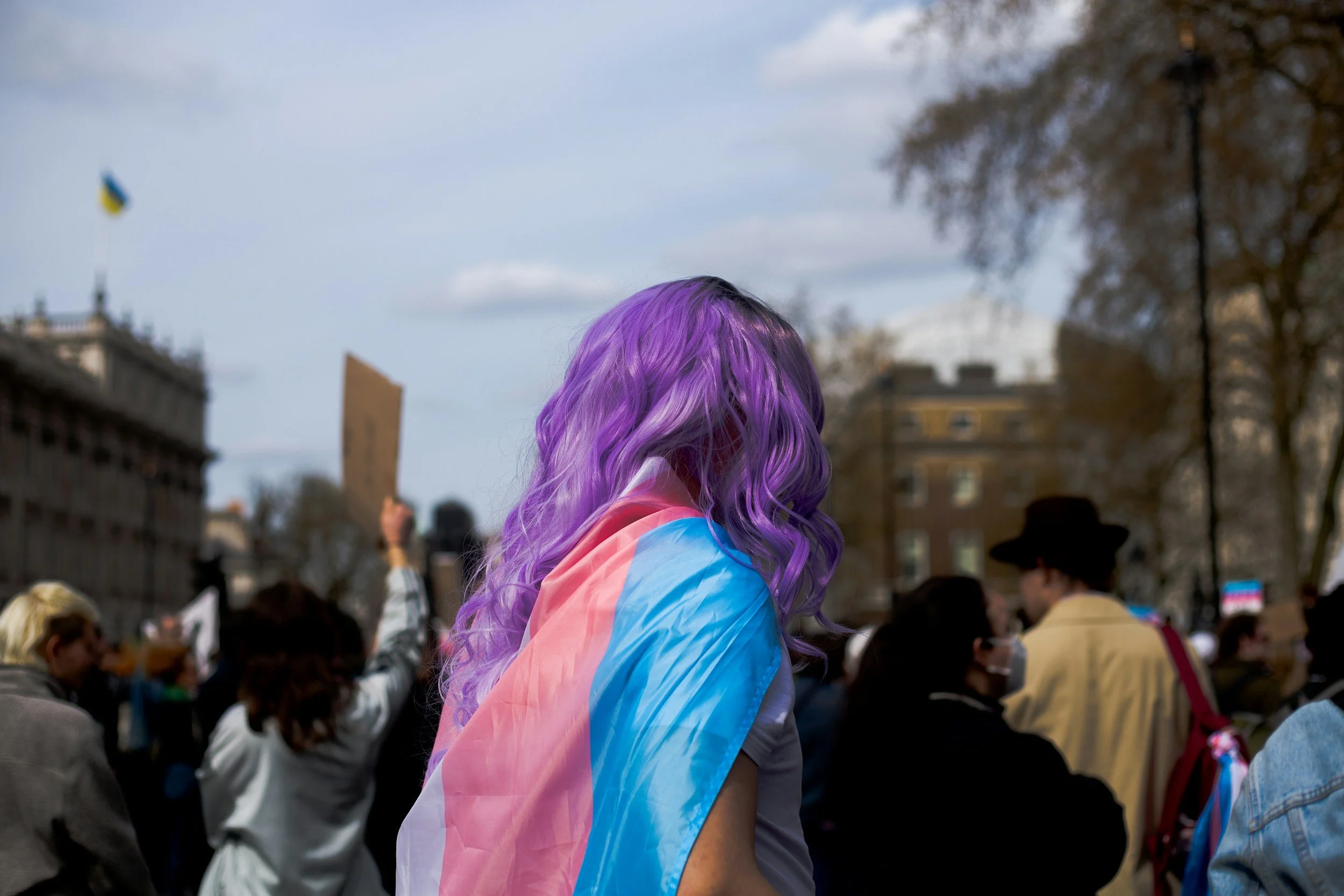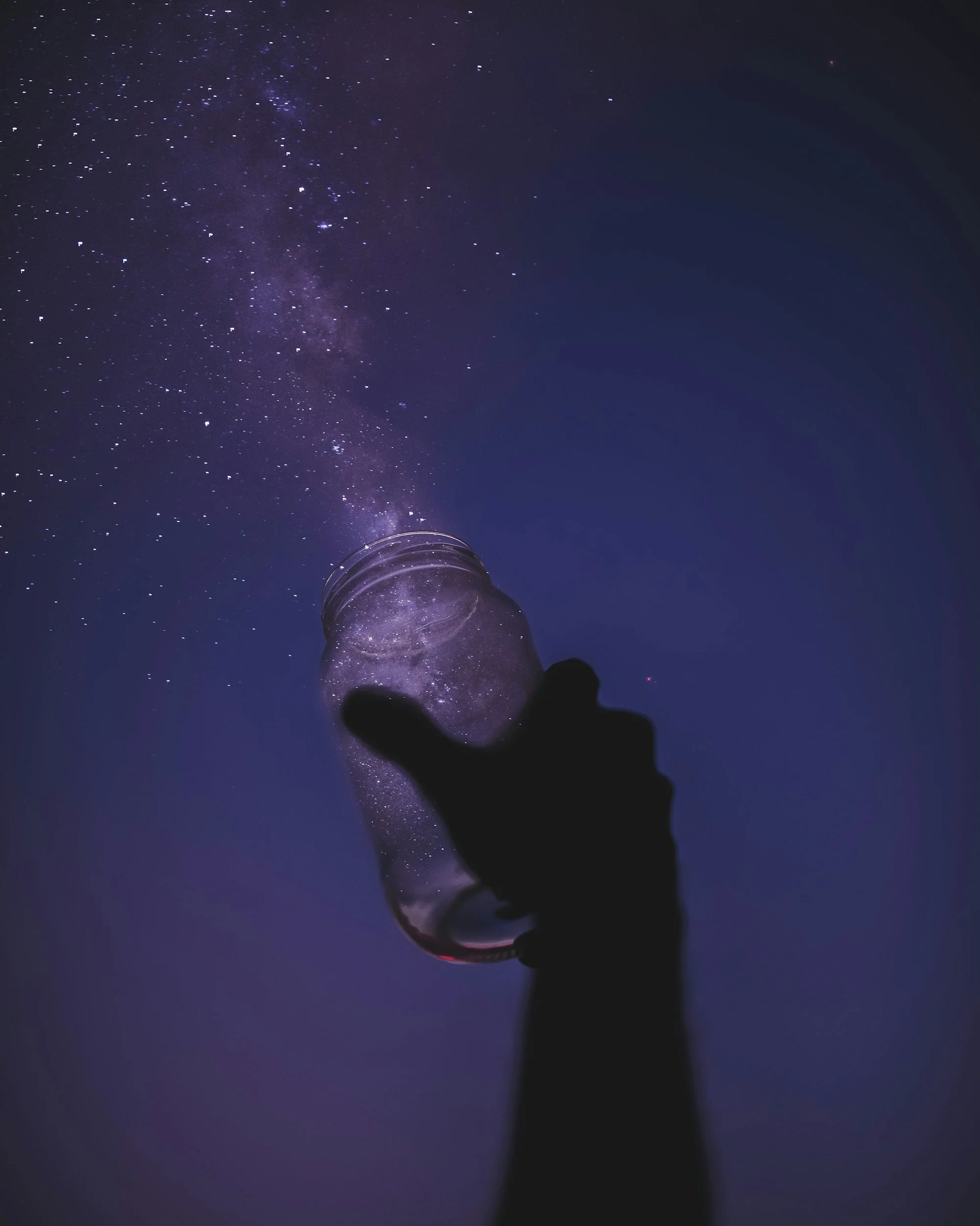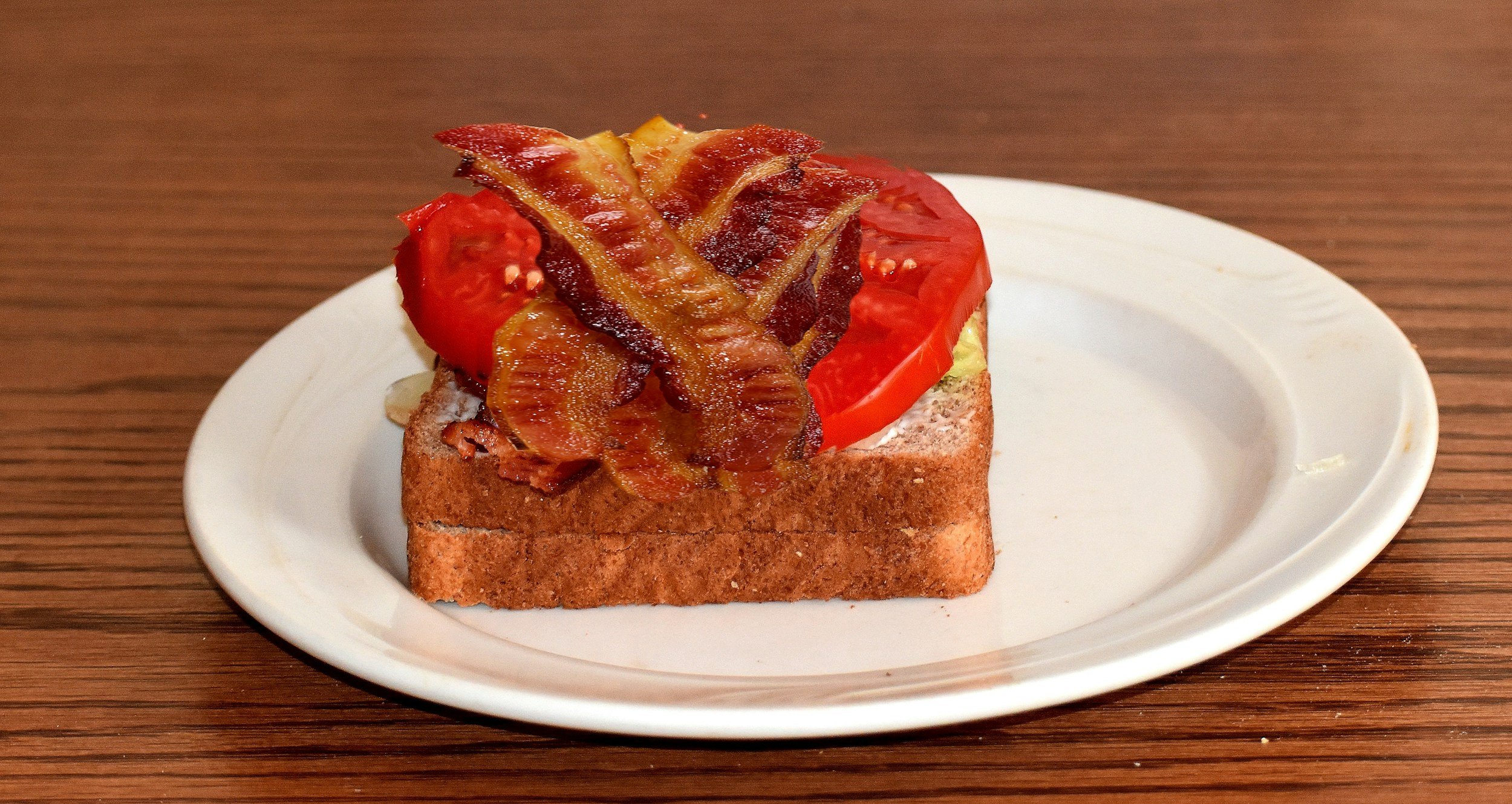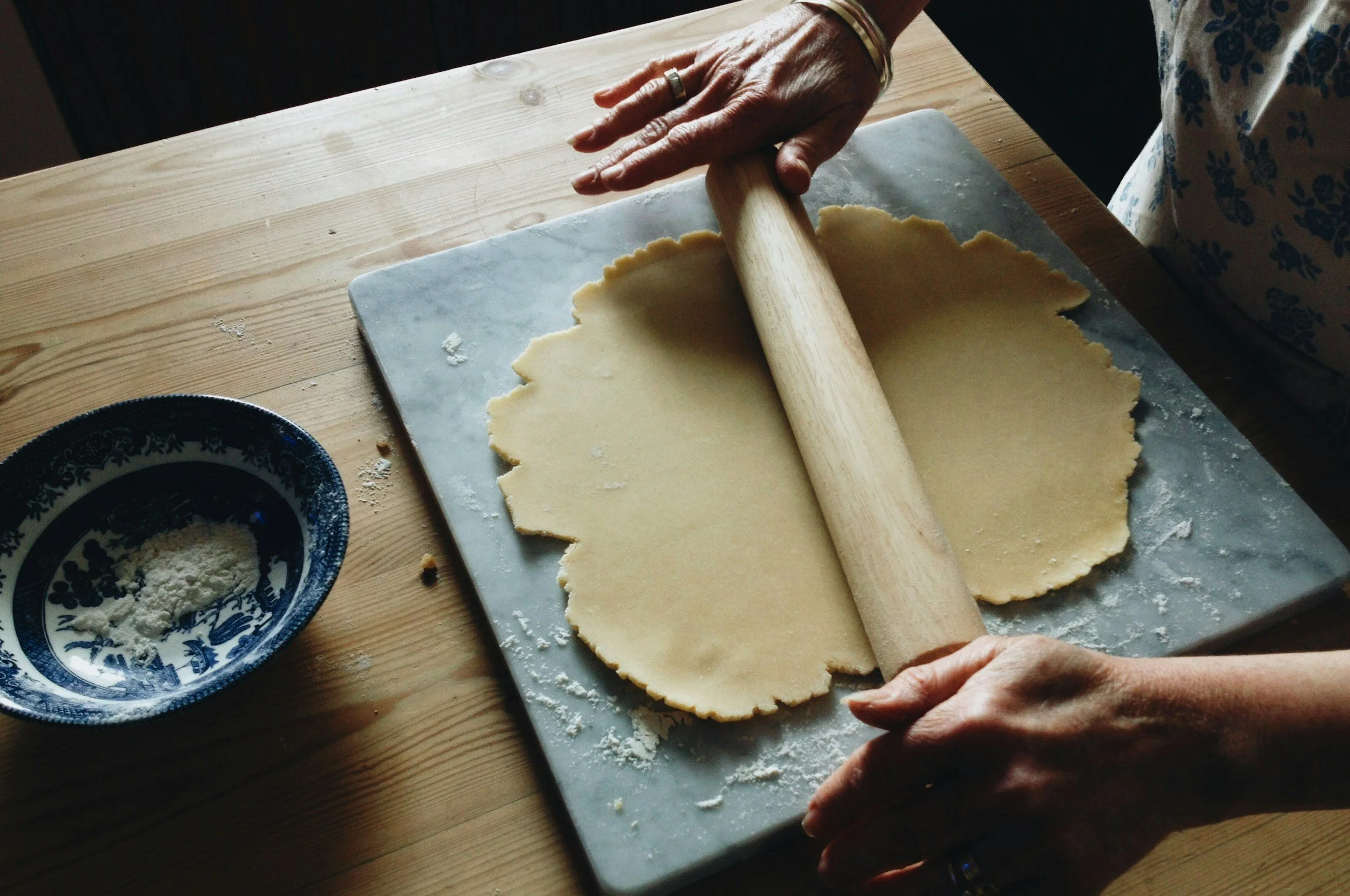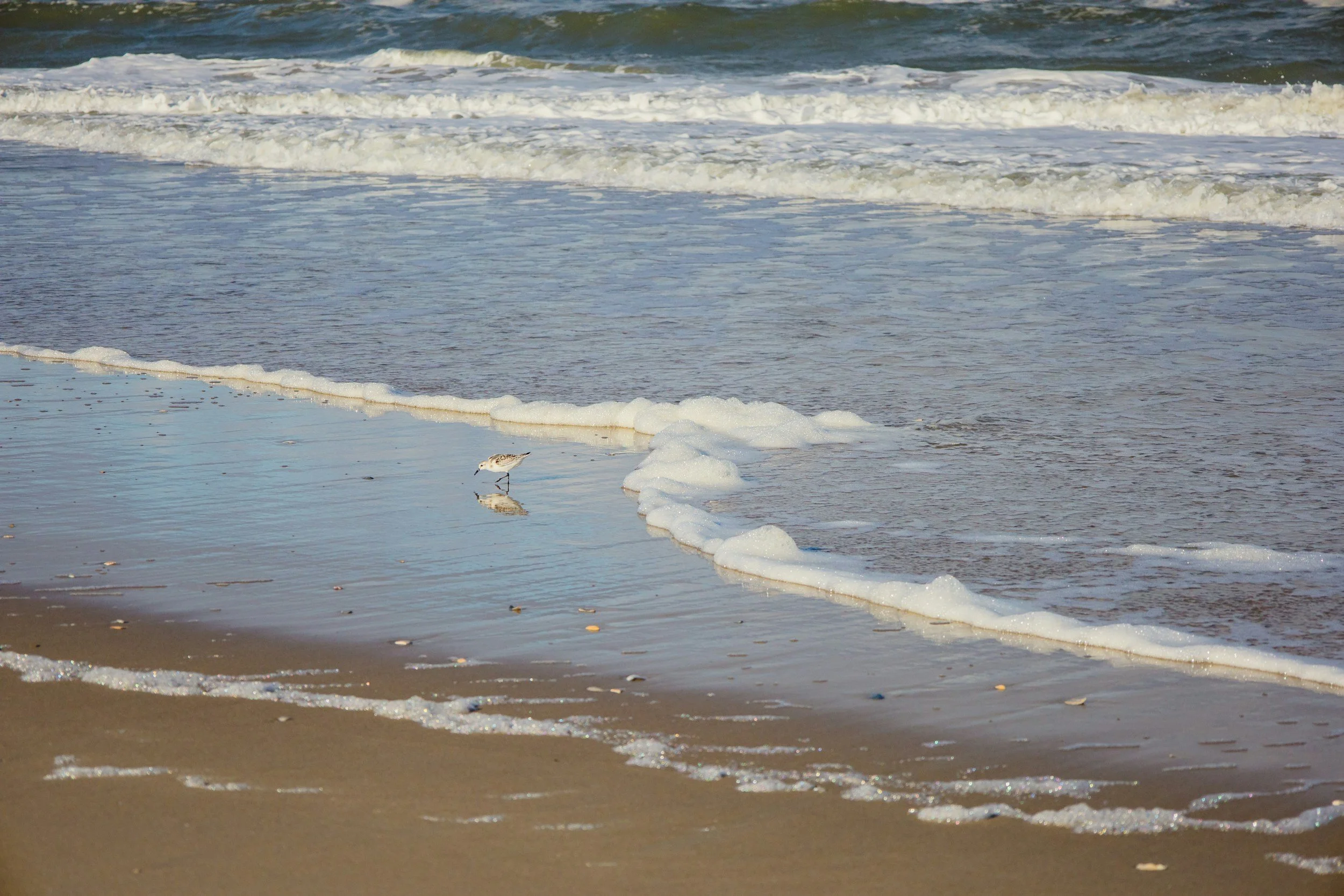On a Train to Nice
I rush to the quai in the Gare de Lyon in Paris. Flinging my small case on the train, I jump on. Moments later the train pulls away along the track, heading to Nice.
Slumped in my seat, I can relax, breathe, and observe those already settled in my compartment. Business people, couples, and single travellers surround me. One small figure catches my eye—a lady in her early sixties, dressed in a double-breasted camel hair coat, green beret, and smart brown leather gloves. She is elegant, with red lipstick. The slight nervousness of her fidgeting hands is familiar.
But there is that deep low-grade punch to my gut, a remembered sense of sadness and loss I have not felt in years. Twenty-four years to be exact.
“Mamín?”
No, this woman cannot be my mother, dead for twenty-four years. This woman is in her sixties, the age I am now. Mamín would have turned one hundred and two last March.
No more than a random coincidence, I tell myself. But to calm my racing heart, I resort to my familiar calming techniques. Four breaths in—hold—four longer breaths out. Steadied, I pick up my phone to check the address for the Nice Airbnb where I would meet my daughter, her husband, and my two grandchildren for a long-awaited holiday.
I turn over the phone in my hands. They are my mother’s hands: long fingers, almond shaped nails, light olive skin covering greenish veins. But as in every other aspect, my hands are a pale imitation of hers.
Memories awaken, and my mind travels to those questions for which I have no answers.
Mamín, in some ways I do know quite a lot about you. You were born in Nice on the French Riviera in 1921, the only child of a Spanish mother and a Chilean father. I know that your father left the family and returned to Chile and that you never saw nor heard from him again. I know that you and your mother moved in with your grandparents to a flat just a few blocks away in the Quartier des Musiciens in Nice. I smile thinking of how I will show my daughter where my family lived so long ago, before the War, and play in the local parks with my grandchildren.
I remember you as my mother: strict, rigorous, but loving. You held my forehead and brought me soup in bed and little pink aspirins when I was sick. You had a beautiful voice when you spoke, sang, and prayed in flawless French, Spanish, or English. You loved to read: biographies, history, and Life Magazine and you read aloud to me what you like to read, never children ‘s books. You told me how much you loved French pâtisseries, dry Spanish sherry, and marrons glacés, but you always denied yourself such pleasures.
As a child of a Canadian military officer, always on the move from one army base to another, I was proud of you, my exotic glamorous mother. But still it was tough to be your daughter, and I cringed when you appeared at our local skating rink on the Canadian Prairies, lips impossibly red, with an accent unlike any other mother I knew.
I remember you as a loving Nana to my daughter, sitting cross-legged on the floor with your button collection, how you delighted in children’s magic tricks, snuggling up with her on the couch to watch Murder She Wrote and The Golden Girls and reading aloud Spanish children’s stories.
But I know next to nothing of you as a young woman, with desires for your future. And of you as an adult flesh and blood woman, you remain an enigma.
What wouldn’t I give to sit next to you today on this French train and seek answers to my questions?
Why were you sent to a boarding convent in Monaco at a very young age? Were you lonely? Why couldn’t you attend day school in Nice? Your convent education was strong in languages and the teachings of the saints, but I don’t remember you helping me with anything with anything other than my French homework. But as I moved with you and dad from school to school, I inherited an innate ability to adapt and fit in, just as you rearranged the mahogany table and made a new home for us in each new house.
Who was your first boyfriend? You took a holiday with your mother in Portofino, Italy in your teens. I still remember how the word Portofino rolled off your lips and a far-off look came into your eyes. Perhaps you weren’t always so prudish. You mentioned meeting a man with the last name of Alighieri, you said he was a descendant of the author of Dante’s Inferno. Was there more than just a flirtation between you? You and I both share a fascination for gloomy authors. I kept all my boyfriends a secret from you, as your European strictness did not permit me to date like normal North American kids.
What did you witness in wartime France between 1939 and 1941? You were not Jewish, but neither were you and your family French citizens. Did you have Jewish neighbours or friends? Did you know about the Resistance, or did you even take part? You were young, only eighteen when the War broke out—but not too young to notice, and to resist.
Why did you forbid me as a young child from reading Anne Frank’s Diary? While most parents would have been pleased that their kids were reading anything more substantial than Marvel comics, you tore the book away from me and hid it and I have no idea why. Was it because you could not bear for me to know how children had suffered? Did you witness the pain of other children? Did that cause the sadness in you? Is that why I could never get enough of reading books set during World War II, particularly the daily lives of those who stayed and those who left, those who died and those who lived?
From old correspondence I found after your death, I know that you, along with your mother and grandparents escaped France in 1941 when you were twenty, boarding the Marqués de Comillas ocean liner in Bordeaux, with an eventual destination of El Salvador, to stay with a distant relative. I tracked down the Ellis Island records of your arrival, with all your names, ages, and nationalities in tiny cursive writing. What forced the four of you to leave with only one suitcase each? You weren’t Jewish, so was it because you were not French citizens and therefore illegal aliens? You were born in France, but your passport was Chilean. Your mother was born in Spain, with a passport from Honduras. Her parents’ passports were from Honduras and England. As a child I could never explain to my friends anything about my background, as I was always confused. But it is no accident that I continued our globe travelling legacy and chose to move to University in France and then to work in the Middle East as a young woman and live there for many years, giving birth to my daughter in Saudi Arabia.
What did you take and what were you sad to leave behind? Were you afraid? As you stood on the boat and watched the Atlantic waves below, were you excited by your new life? Or did you worry about your mother and your grandparents and how they would cope?
While in San Salvador, you became an executive secretary to the American Ambassador and an actress and supported your family. Why did you cease being an actress? Who encouraged you to apply for the position in Washington at the International Monetary Fund? That decision changed your life and led you to marry my father in Washington and come to Canada. How could a girl who had almost no formal education have been hired for a position with an international organization in Washington? Who mentored you to dream so big and gain such self-confidence? Why did you not encourage me to dream?
And later, why did you maintain no friendships in Canada apart from a woman much older than you—a maternal figure? Was it because you never felt at home in Canada? Who was Nora, your friend in El Salvador? You corresponded for many years, but I never knew how you met her or what memories you shared. Family was what mattered most to you. As a mature woman, I realize the importance of a circle of friends when during the aftermath of a recent surgery for a retinal hole, I had to lie face down for three days; yes, I yearned for my mother to bring me soup. But it was my network of female friends who visited and nurtured me.
Your faith in God seemed deep, personal, and unshakeable—nothing to do with church-y social events. No, your eyes were tightly closed, and your slender fingers clutched your rosary as you communed with God. How was that deep faith still possible after the murderous tactics of Spanish priests during the Spanish Civil War, and the killing of one of your mother’s relatives in Madrid during that war? After your death, one of my Google sessions led me down a rabbit hole to the story of one of your relatives executed in a graveyard in Madrid by Franco’s Nationalists.
I know nothing of your love life before you met my father in 1947 in Washington. Why were you so prudish and why did you speak of sex to me in ways that sex seemed somehow dirty and shameful? Was that Roman Catholic prudishness or something darker?
What was your relationship really like with your mother? When she died, I saw you beat your head against the wall in the rawest of grief, with loud sobbing and shrieking until collapse. I heard rumours from Aunt Emmita that Carmen had an abortion in France in the 1920s and that you were very angry with her, either for religious reasons or perhaps because you wanted a sibling. But you never told me this. Did you forgive her? Was the father Raoul, my grandfather, or someone much later after Raoul had moved back to Chile?
You wrote to your father regularly but had no contact with him since the age of three and your letters were returned, unopened by a relative after his death. You never spoke of him. How did you feel about him? That is one question I believe I know the answer to. In the days before you died, you called to him in Spanish in the corners of your room in the Intensive Care Unit.
I had so many opportunities to get to know you better. There was a European formality about you that pushed away honest discussion of feelings. Ideas were safe topics of conversation, even family gossip, but you did not encourage talk of our emotions. “Would a man cry?” Mamín sternly responded when I was weeping over a disappointment at school. After the loss of her homeland, Mamín did not indulge in or encourage self-pity.
It is true we were distracted by talk of the problems caused by my husband, who adapted badly to the return to Canada from the expatriate life in the Middle East and being supported by his wife. He was beset by addictions and mental illness. Discussion of how to help him, and then how to safely separate from him, dominated our every conversation for much too long. Was there a mutual blame we both felt for how the situation evolved? As a fierce Spanish mama bear, you could not forgive him for hurting me, fueling my own anger.
But that is the narrative I tell myself. Perhaps what got between us was caused by my insecurity and anxiety. If I am honest, I was always overwhelmed and afraid of you. I shrank and shriveled in the face of your beauty and self-confidence. Yes, it was tough to be the daughter of a Latin linguist bombshell.
But the bigger question that supersedes all others in my mind. Were you proud of me? Dad told me that all the time, but I don’t remember it so much from you.
As our life together stopped when I was forty-four, I wish I could share with you what happened later that might make you proud. You might like to hear that during my career in the public service of Canada, that I helped people through national public health programs, that I won a few awards. After retirement I volunteered, mentoring new immigrants to Canada and became an advocate for citizens born abroad. You would be happy that I met a lovely new man and we have built a life together that has lasted for the past twenty years. You might like to read the stories and memoir pieces I have published. But most of all, I wish I could tell you about my daughter, your granddaughter who has inherited your strength of character, and how is teaching her own two children the languages and the games and stories she learned from you.
I recall the last time we had lunch together—Remembrance Day 1998 in that little local Italian restaurant. You wanted to talk, and you did tell me a little about your escape from France via Bordeaux. It was an opportunity for a longer and deeper conversation that passed us both by. Neither of us was aware that day of the tumor growing inside you, that your colon would rupture on St Patrick’s Day 1999. Four months after our lunch, you would be dead of septicemia.
But if I could have a second chance, I know there is a path. We both loved long walks. I recently read a book called Fierce Attachments in which the protagonist, Vivian Gornick, walks through the streets of New York City with her mother, with whom she has a difficult relationship. But they kept on talking as they walked, even when they were furious with each other. Had you died ten years later, when I had matured as a woman and gained self-confidence, could we have gotten to that point of having deeper conversations? I like to think so, Mamin. And then we would end our walk at that little Italian restaurant, order a bottle of Valpolicella, and I would lean in and say:
“Now, Mamin, tell me all about you. All of it Mamín - From Nice, to El Salvador, to Washington, to Canada. Who are you? Quién eres tu? Qui es-tu? I have wasted years, but I am asking now.”
-Carol Sutherland-Brown
Carol moved to Ottawa, Canada after years of travel, study and work in Europe and the Middle East. Since her retirement from a career in federal government administration and health policy, she has been delighting in writing memoir and short fiction—to make sense of her world and her place in it. Carol is working on a collection of stories about her nomadic childhood as a “military brat,” in Germany, Turkey, memories of her eccentric Spanish family, and experiences during her six years working in the Middle East. When she is not writing or taking part in the very supportive writing groups she has found in Ottawa, you can find Carol visiting her grandchildren and family in the UK and British Columbia, walking in the woods, or on her yoga mat. Carol’s work has been published in The Globe and Mail (First Person and Facts and Arguments), Persimmon Tree, Story Quilt , A Considerable Age, and The Glebe Report. You can explore some of her published pieces through her website at www.carolwrites.ca

